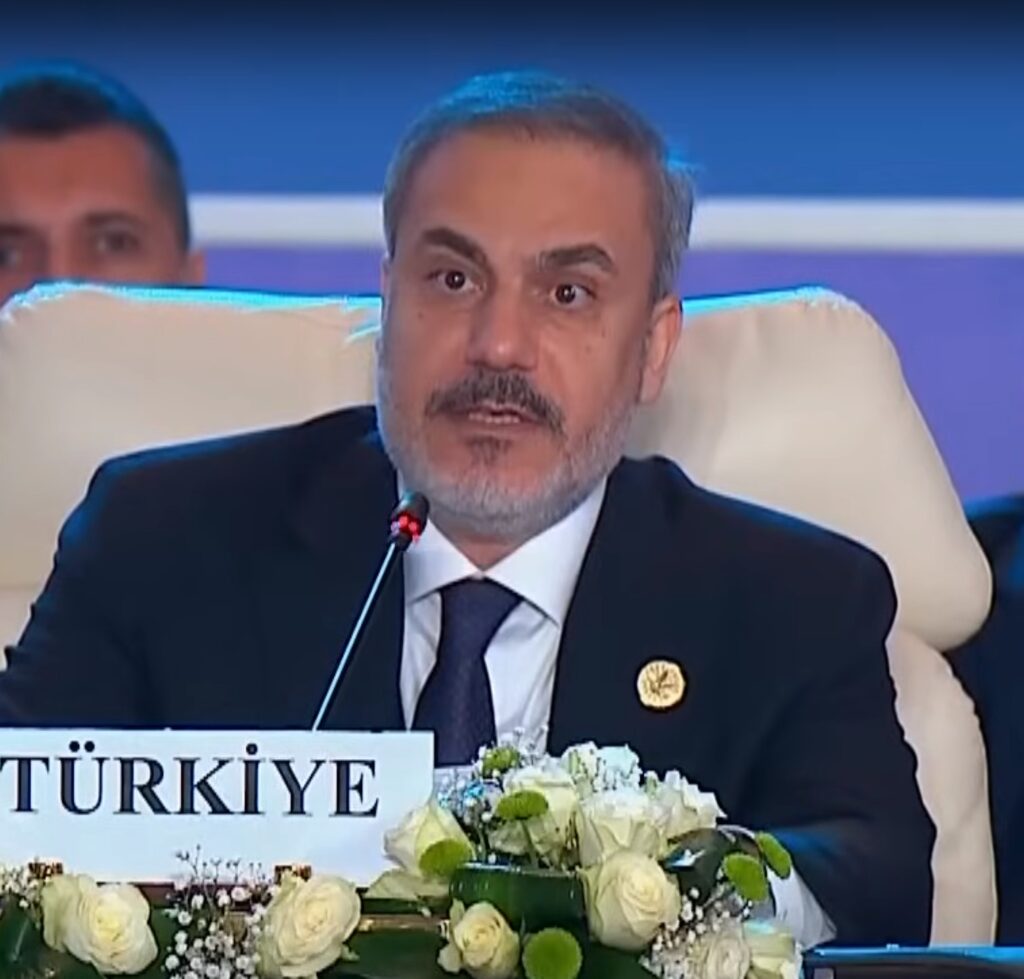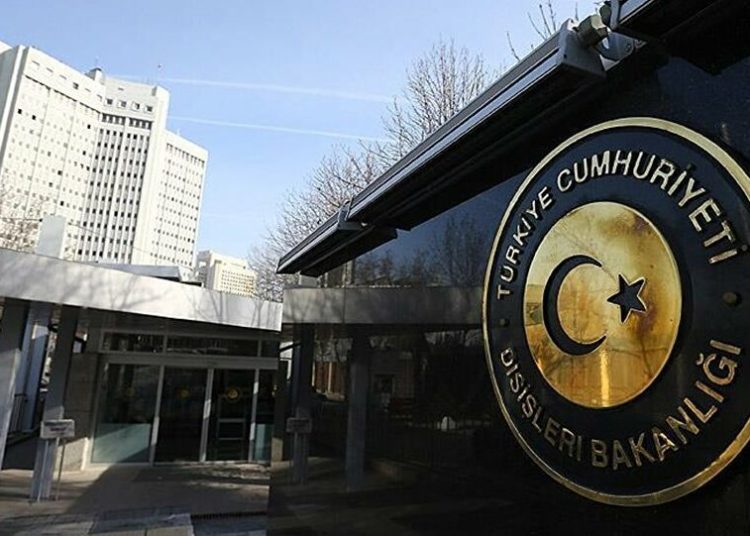Levent Kenez/Stockholm
Turkish Ministry of Foreign Affairs staff are now required to install a specific messaging application on their phones that allows ministry officials to monitor internal communications among personnel and even access deleted messages. Employees view this measure as surveillance, indicating mistrust.
The name of the domestically developed application, Chat-in, comes from its developer’s name, Çetin, and is pronounced “Chat-in” in Turkish. The program is similar to the popular WhatsApp application, allowing for messaging, sharing images and videos and conducting online calls.
The application, owned by the Kale İleri Teknoloji company, is available for download by everyone on both the Apple Store and Google Play. There is no information about the company or its owners on its website, resembling the recent trend in Turkey where individuals close to the government establish companies to profit from state institutions.
Cyber experts consulted by Nordic Monitor revealed that a government directive issued in 2019 mandated that state institutions take measures for cybersecurity. While many have been working to improve their technical infrastructure, the use of mandatory domestic messaging apps is not yet widespread. The experts noted that programs developed by private companies and available for public download are not ideal for critical state and military institutions, pointing out that the only advantage of the Chat-in application is that its servers can be located in Turkey.

However, there is no definitive data on the security of the application available on the company’s website. In a released information note, Kale emphasized that some enhancements resulting from Apple’s published procedures could potentially pose security risks in secure communication. To address this, the company announced that certain measures were taken in the new version released on October 22, 2020, to mitigate these risks.
On Wednesday, during a parliamentary session discussing the establishment of a new foundation within the ministry, Peoples’ Equality and Democracy Party (DEM) MP Cengiz Çandar brought attention to the unease among ministry employees over the use of this application.
Çandar also shed light on the growing general discontent among Turkish Foreign Ministry personnel. Many are contemplating leaving the ministry, with a significant number considering transitioning to the private sector.
Çandar emphasized that all Foreign Ministry staff, excluding only the minister and select individuals, are required to install Chat-in. Under this directive, all communications, including deleted messages, of Foreign Ministry personnel are subject to scrutiny, even those stationed abroad. Çandar highlighted the transformation of the ministry into an organization that treats its members with suspicion, akin to potential spies.
While the ministry claims these measures are for security purposes, Çandar underscored the unprecedented level of surveillance, suggesting an atmosphere of mistrust rather than security concerns.
The Turkish Foreign Ministry’s focus on intelligence intensified with the appointment of former National Intelligence Organization (MİT) chief Hakan Fidan as foreign minister following the presidential election on May 28, 2023.
Fidan brought several senior intelligence officers with him from MİT and strategically placed them in key positions in the foreign ministry, effectively reshaping the diplomatic service into a significant intelligence apparatus.
Nuh Yılmaz, Fidan’s long-time aide and a former intelligence officer, became deputy foreign minister. While working for MİT, Yılmaz’s main mandate was to supervise Turkish media, run influence operations through intelligence assets planted in various Turkish media outlets and help build false narratives to support the government of President Recep Tayyip Erdogan before domestic and foreign policy goals.
The foreign ministry’s covert intelligence unit, the Intelligence and Research Directorate, underwent a restructuring, with Fatma Ceren Yazgan, a seasoned Turkish intelligence operative, appointed to lead it. Yazgan played a crucial role in profiling Turkish ambassadors and diplomats, which ultimately led to the summary and abrupt removal of one-third of Turkish diplomats from the foreign service in 2016.

President Erdogan has increasingly relied on intelligence services to sustain his authoritarian regime in Turkey, quash dissenting voices and crack down on opposition factions. The heightened surveillance and intelligence collection efforts abroad are aimed at intimidating critics and adversaries overseas, fostering a climate of fear among Turkish diaspora communities and exerting influence over the foreign and domestic policies of host nations.












